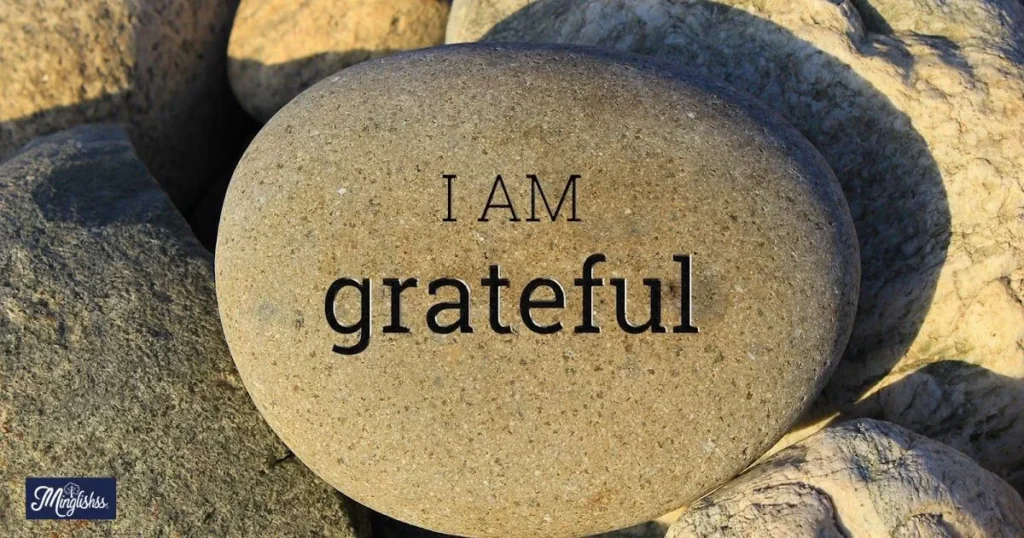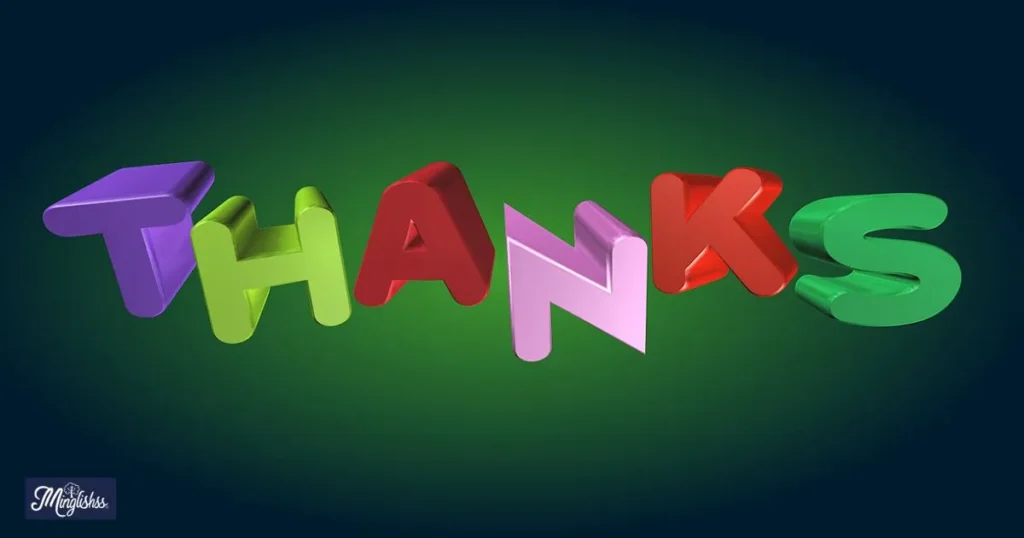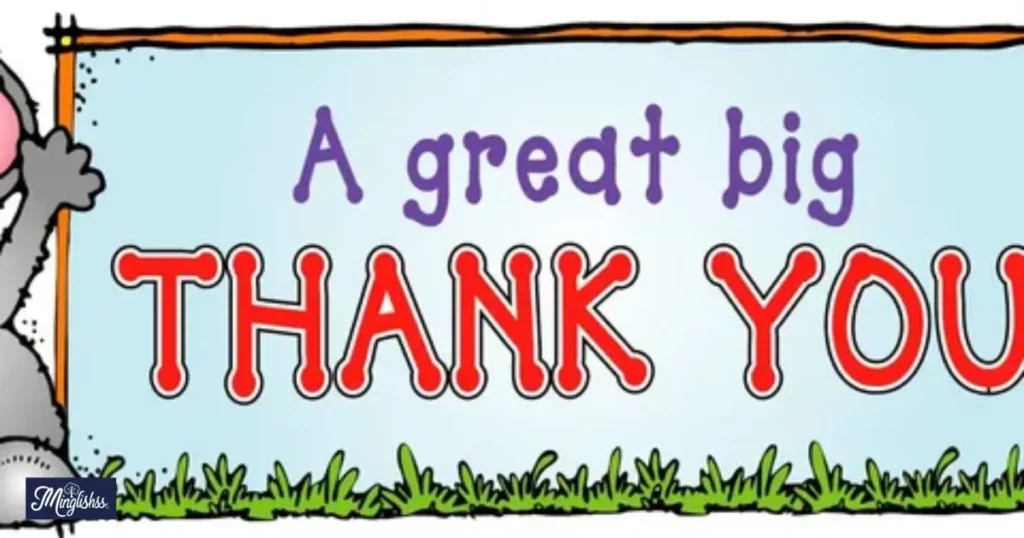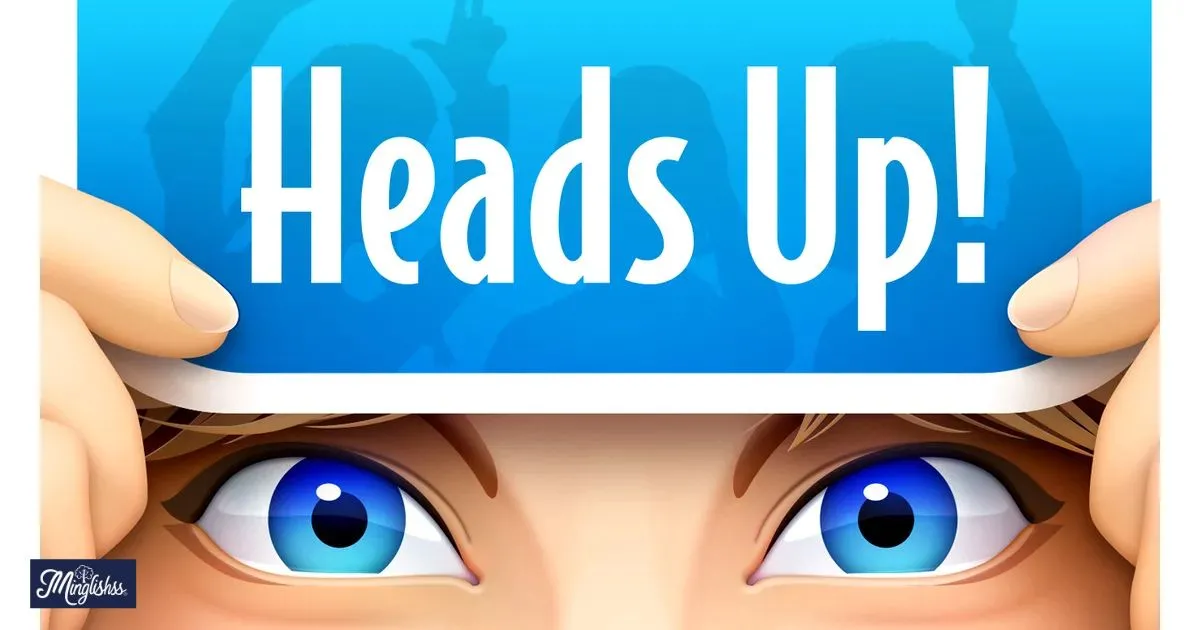“Expressing gratitude with different words can make all the difference in connecting with others.”
Gratitude is one of the most powerful and uplifting gestures, and we express it daily in countless ways. Saying “thanks for the heads up” is a common response when someone gives us valuable information or an early warning. But if you’ve ever felt like you’re saying the same thing over and over, or if you want to add a bit of variety to your expressions of thanks, then discovering new ways to show gratitude can be helpful and refreshing. Changing up your words allows you to convey your feelings with a bit more personalization and impact, which can leave a lasting impression.
In this article, we’ll explore 35 unique ways to say “thanks for the heads up,” along with scenarios to help you understand when and how to use them. Whether you’re at work, chatting with friends, or talking with family, using fresh ways to say “thanks” can add energy and warmth to your communication. If you’re ready to go beyond the basics and make your gratitude feel even more meaningful, keep reading for some easy tips and ideas.
By the end of this guide, you’ll have a whole new range of phrases to use, plus insights on the best times to apply them. Whether you’re looking to add professionalism to a business conversation or simply show someone you appreciate their effort, these phrases will bring value to your everyday interactions. Let’s dive in and find the perfect words for every “heads up” moment.
1. “I really appreciate you letting me know.”
Scenario: A coworker informs you about a change in meeting time.
Explanation: Shows respect and gratitude for their proactive communication.
Additional Tip: Use this in formal or professional settings.
2. “Thanks for keeping me updated.”
Scenario: A friend shares ongoing updates about a local event.
Explanation: Emphasizes value in receiving continuous information.
Additional Tip: Ideal for dynamic situations with ongoing changes.
3. “I’m grateful for the notice.”

Scenario: Your landlord warns you of upcoming maintenance work.
Explanation: Simple yet polite, showing timely appreciation.
Additional Tip: Works well for formal communications.
4. “That’s helpful to know, thank you!”
Scenario: A colleague gives you a quick project update.
Explanation: Adds a positive spin and conveys useful insight.
Additional Tip: Use with team members to acknowledge their support.
5. “I’m so glad you told me.”
Scenario: A friend tells you about a weather alert.
Explanation: Conveys relief and gratitude for timely information.
Additional Tip: Great for casual conversations.
6. “Thanks for filling me in.”
Scenario: A coworker updates you on a change in plans.
Explanation: Friendly yet professional, showing appreciation for transparency.
Additional Tip: Use in both formal and informal settings.
7. “That’s great to know—thanks!”

Scenario: Your friend shares details on an upcoming sale.
Explanation: Friendly, showing you appreciate being informed.
Additional Tip: Perfect for casual scenarios with friends or family.
8. “I appreciate the heads up!”
Scenario: A team member alerts you about potential delays.
Explanation: Direct and simple, ideal for quick acknowledgments.
Additional Tip: Use this in fast-paced or busy environments.
9. “Thanks for keeping me in the loop.”
Scenario: Your friend updates you on an event plan.
Explanation: Acknowledges inclusion and keeps communication open.
Additional Tip: Great for team-based situations.
Other Ways to Say “To Answer Your Question”
10. “That’s very considerate of you—thanks!”
Scenario: A family member warns you about road closures.
Explanation: Friendly, showing you appreciate their thoughtfulness.
Additional Tip: Best used with family and close friends.
11. “I’m grateful for your insight.”
Scenario: A mentor shares advice on handling a new task.
Explanation: Shows respect for their experience and insight.
Additional Tip: Ideal for mentorship and professional relationships.
12. “I’m so thankful you mentioned it.”
Scenario: A friend reminds you about an important date.
Explanation: Adds warmth, showing genuine appreciation.
Additional Tip: Use with friends and loved ones for a personal touch.
13. “That information is really useful, thank you.”
Scenario: A colleague provides key data for a report.
Explanation: Professional and polite, emphasizing the utility of the info.
Additional Tip: Great for work or project-based scenarios.
14. “I appreciate your attention to detail.”
Scenario: A coworker points out an error in a document.
Explanation: Shows you value their carefulness and effort.
Additional Tip: Ideal for professional acknowledgments.
15. “Thanks for pointing that out!”
Scenario: Your friend tells you about a potential issue.
Explanation: Friendly and casual, acknowledging their helpfulness.
Additional Tip: Suitable for both casual and professional contexts.
16. “That was a great tip, thank you!”

Scenario: A coworker shares a time-saving trick.
Explanation: Shows that their advice is valuable to you.
Additional Tip: Perfect for helpful suggestions or advice.
17. “I’m glad you brought that to my attention.”
Scenario: A family member notices a scheduling conflict.
Explanation: Indicates that you appreciate their alertness.
Additional Tip: Use in situations requiring awareness.
18. “Thanks for the early warning!”
Scenario: A friend warns you about possible delays.
Explanation: Adds a sense of preparedness to your response.
Additional Tip: Ideal when timing is critical.
19. “That’s incredibly helpful—thanks a ton!”
Scenario: A coworker shares essential information for your project.
Explanation: Shows enthusiastic appreciation.
Additional Tip: Best used in informal professional environments.
20. “I owe you one for this!”
Scenario: Your friend helps you avoid a mishap.
Explanation: Adds humor and gratitude.
Additional Tip: Use with close friends and casual relationships.
21. “Thank you for the reminder!”
Scenario: A colleague reminds you of a due date.
Explanation: Acknowledges their attentiveness in a positive way.
Additional Tip: Perfect for professional and personal contexts.
22. “You saved me a lot of trouble—thank you!”
Scenario: A friend warns you of a potential issue.
Explanation: Acknowledges the impact of their help.
Additional Tip: Best used when someone’s input saves effort or stress.
23. “That’s exactly what I needed to know.”
Scenario: A mentor offers timely advice.
Explanation: Shows appreciation for relevant and valuable information.
Additional Tip: Perfect for advice or guidance scenarios.
24. “Thanks for looking out for me.”

Scenario: A family member offers useful advice.
Explanation: Friendly, showing gratitude for their thoughtfulness.
Additional Tip: Use with friends, family, or colleagues.
25. “Thanks for giving me a heads up!”
Scenario: Your friend shares event details ahead of time.
Explanation: Direct and straightforward, fits any scenario.
Additional Tip: Perfect for casual conversations.
26. “I appreciate your heads up—it really helps.”
Scenario: A coworker alerts you to a policy change.
Explanation: Shows the importance of the information provided.
Additional Tip: Great for situations where the information has an impact.
27. “Good to know, thank you!”
Scenario: A colleague updates you on schedule changes.
Explanation: Simple and quick, great for fast acknowledgments.
Additional Tip: Use when you need to acknowledge quickly.
28. “That’s invaluable information—thanks so much!”
Scenario: A team member provides crucial project data.
Explanation: Shows deep appreciation for the usefulness of the info.
Additional Tip: Perfect for high-stakes situations.
29. “Thanks for covering that with me.”
Scenario: A coworker explains a task in detail.
Explanation: Friendly and personal, showing you value the conversation.
Additional Tip: Use in training or instructional settings.
30. “I appreciate your thoughtfulness!”

Scenario: A friend gives you a timely suggestion.
Explanation: Warm and friendly, acknowledging their consideration.
Additional Tip: Great for both formal and casual conversations.
31. “You’re a star for helping me out with that!”
Scenario: A friend helps you with last-minute changes.
Explanation: Friendly and enthusiastic, perfect for casual settings.
Additional Tip: Ideal for informal conversations.
32. “I’m grateful you thought to tell me.”
Scenario: A friend gives you a helpful reminder.
Explanation: Shows respect and genuine appreciation.
Additional Tip: Works well with family and close friends.
33. “Thanks for the heads up—much appreciated!”
Scenario: A coworker alerts you to schedule conflicts.
Explanation: Professional and straightforward.
Additional Tip: Great for professional conversations.
34. “That was just what I needed, thanks!”
Scenario: A friend shares last-minute advice.
Explanation: Shows that the timing was perfect and appreciated.
Additional Tip: Ideal for situations where timing is key.
35. “Couldn’t have done it without you, thanks!”

Scenario: A teammate offers essential support.
Explanation: Friendly, emphasizing how much they helped.
Additional Tip: Best used for closer, collaborative relationships.
Pros and Cons
Pros
- Builds Stronger Connections: Using unique expressions of gratitude can make others feel truly valued and appreciated.
- Increases Engagement: People may be more responsive when they feel their efforts are genuinely recognized.
- Adds Personality to Communication: Different phrases allow you to add character to your conversations, making interactions more enjoyable.
- Improves Professional Impressions: Having varied phrases for gratitude demonstrates thoughtfulness and attentiveness in a professional setting.
Cons
- Risk of Sounding Insincere: Some people may interpret less familiar phrases as overly casual or insincere if they’re used infrequently.
- Requires Thoughtfulness: Thinking of unique ways to say thank you requires effort and sometimes creativity.
- Potential Misunderstandings: Some phrases may be too informal for certain settings, possibly leading to misunderstandings in tone.
Conclusion
Learning to say “thanks for the heads up” in various ways is not just about finding new words; it’s about making your gratitude feel fresh, authentic, and meaningful. The phrases provided here are versatile and fit a range of scenarios, from professional emails to friendly reminders among family.
Whether you’re aiming to deepen relationships or enhance your professional image, using varied ways to say thank you can open doors to better communication.
Answer the key Question
Can I use these phrases in both formal and informal settings?
- Absolutely. Many of these phrases, like “Thanks for keeping me updated” or “I really appreciate you letting me know,” work well in professional settings. Others, like “You’re a star for helping me out with that!” are more suitable for informal or friendly conversations. Adjust the phrase based on your relationship with the person and the context of the message.
2. Which phrase is best to use in professional emails?
- For professional emails, polite and concise phrases such as “I appreciate the heads up,” “Thank you for keeping me in the loop,” or “Thanks for the notice” are ideal. These expressions sound respectful and professional, helping you acknowledge the information received without being overly casual.
3. How can I make my response sound more genuine?
- To make your response sound more genuine, choose phrases that fit naturally with your speaking style and add a personal touch. You can also add a brief specific comment like “That’s exactly what I needed, thanks!” or “This info really helps me stay prepared.” Expressing why you appreciate the heads-up can make your thanks feel more heartfelt.
4. Are there any phrases that add a humorous tone?
- Yes, certain phrases can add a lighthearted touch. Expressions like “I owe you one for this!” or “You’re a lifesaver, thanks!” are friendly and can add humor to the exchange. These phrases work well with friends or close colleagues who enjoy a more casual and playful tone.
5. What’s a good phrase to use when someone saves me time or effort?
- When someone’s heads-up saves you time or effort, try phrases like “You saved me a lot of trouble—thank you!” or “Couldn’t have done it without you, thanks!” These show that you recognize the positive impact of their heads-up and appreciate their thoughtfulness.

I’m Jane Austen, a language expert at Minglishs, dedicated to helping learners master English through engaging and accessible content. My passion for literature and teaching drives me to make language learning both enjoyable and effective.










